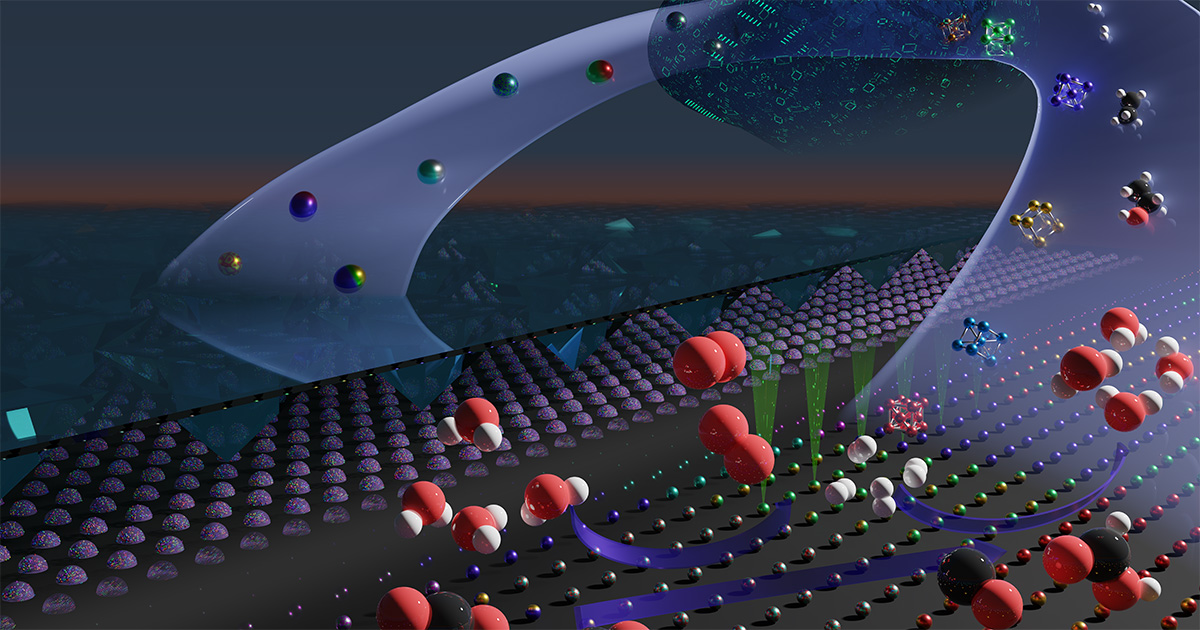Introduction:

Ceramics, known for their remarkable properties, have been utilized in various industrial sectors for centuries. Today, with advancements in technology and innovative manufacturing techniques like laser synthesis and processing, ceramics have found even more diverse applications. In this blog post, we will delve into the vast range of industrial applications where ceramics play a crucial role.
Understanding Ceramics:
Ceramics are inorganic, non-metallic materials that are typically formed by heating and cooling natural clay or mineral-based compounds. This process ensures that ceramics possess exceptional resistance to heat, wear, corrosion, and electrical conductivity. These unique characteristics make ceramics ideal for various industrial applications.
Industrial Applications of Ceramics:
1. Aerospace Industry:
The aerospace sector benefits greatly from ceramics due to their exceptional strength-to-weight ratio. Ceramics are extensively used in the construction of turbine engines, aerospace components, and thermal protection systems. Their heat resistance and lightweight properties make ceramics an ideal solution for aerospace applications where performance and safety are paramount.
2. Automotive Industry:
As the automotive industry seeks energy-efficient alternatives, ceramics have emerged as viable options. Ceramic components, such as spark plugs, engine sensors, and exhaust components, contribute to improved energy efficiency, reduced emissions, and enhanced durability. Their high melting points and resistance to thermal shock make ceramics invaluable in automotive manufacturing.
3. Medical and Dental Field:
Ceramics have revolutionized medical and dental applications due to their biocompatibility and resistance to bacteria. They are widely used in dental crowns, orthopedic implants, prosthetics, and joint replacements. Ceramics not only provide excellent strength and durability but also offer a natural aesthetic appearance, making them an essential part of modern healthcare practices.
4. Electronics and Telecommunications:
The electronics industry benefits greatly from ceramics' electrical and thermal insulation properties. Ceramics are extensively used in the manufacturing of printed circuit boards (PCBs), insulating materials, resistors, capacitors, and semiconductor components. Their resistance to high temperatures and excellent dielectric properties make ceramics an integral part of modern electronics and telecommunications devices.
5. Energy Sector:
Ceramics have contributed significantly to the advancement of the energy industry. In solar energy applications, ceramics are utilized in solar cells, protective coatings, and heat transfer systems. Moreover, in nuclear power plants, ceramics are used in fuel rods, control rods, and reactor cores due to their remarkable thermal and radiation resistance properties.
Conclusion:
The widespread applications of ceramics across various industrial sectors highlight their indispensable role in modern technology and manufacturing. From aerospace and automotive industries to medical and dental fields, ceramics provide superior performance, durability, and functionality. Laser synthesis and processing of ceramics have further enhanced their properties and opened new possibilities for applications in several cutting-edge industries.
Keywords: Industrial Application Of Ceramics, ceramics, laser synthesis, industrial sectors, aerospace industry, automotive industry, medical field, dental applications, electronics, telecommunications, energy sector, technology, manufacturing
